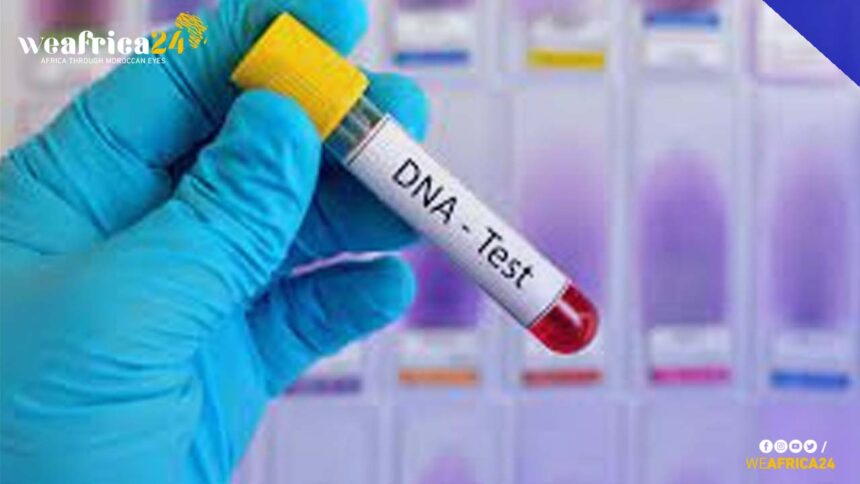Recent advancements in genetic testing have sparked debates about the impact of DNA testing on children’s mental health. While these tests offer children the right to know their identity, psychologists and child advocates raise concerns about the complex challenges that may arise.
Moses Ntege, the Executive Director of Joy for Children Uganda, highlights the potential harms that DNA testing can inflict on children, including the risk of losing parental love, facing societal discrimination, and experiencing psychological disorders.
Dr. Moses Mpanga, a physiotherapist and founder of Mind Nest Uganda, emphasizes the psycho-social issues associated with DNA testing that may lead to stress, depression, and other mental illnesses in children. Previously, men who discovered they were not the biological fathers of their children kept it a secret to protect the children’s rights. However, child advocates and therapists now seek to provide strategies and solutions to help children cope with the aftermath of DNA testing.
Ntege and Mpanga stress the importance of preserving family bonds and the child’s identity, particularly in Uganda, where a child’s identity and clan are tied to their father. To ensure child safety, the experts call for collaboration between the government and therapists in DNA testing centers, establishing protective measures to safeguard children from potential harm and prevent them from losing essential documents like National IDs that require parental identification for registration. As DNA testing becomes more accessible, addressing the potential negative impacts on children’s mental health becomes crucial for society.







